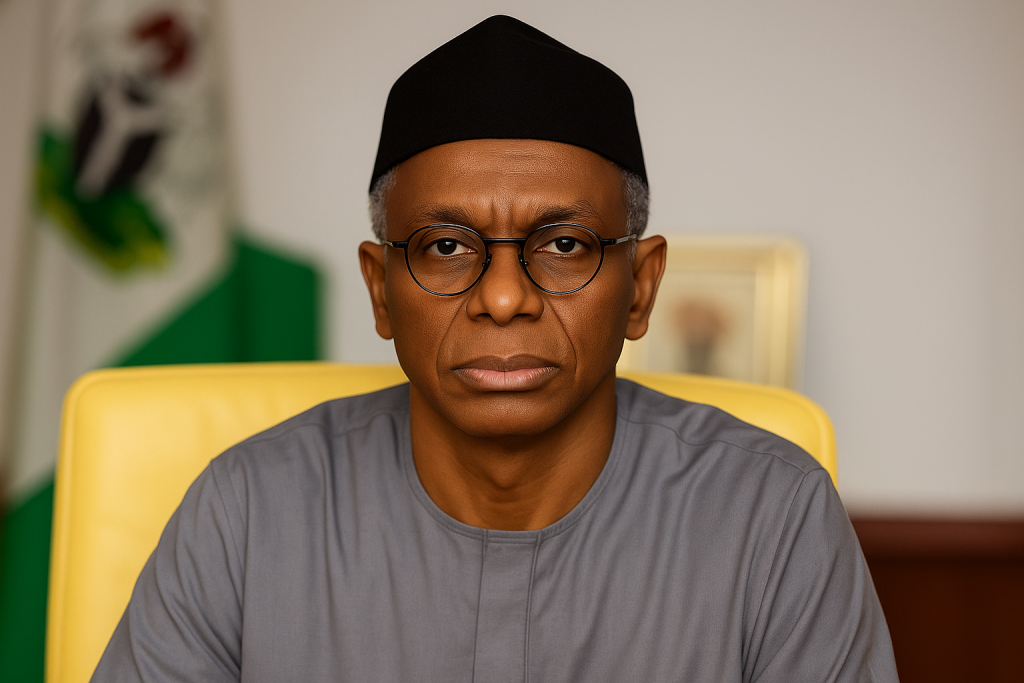Behind every great leader is a silent legacy. The story of Nasir El-Rufai’s father reveals how humble roots and quiet conviction helped shape one of Nigeria’s most talked-about statesmen.
In the heartland of northern Nigeria, far from the capital cities and high offices, lived a man whose influence shaped the future of governance and reform in the country. Mallam Ahmad Rufai Muhammad, a Fulani from the small town of Daudawa, in present-day Faskari Local Government Area of Katsina State, was not a household name. Yet, his legacy quietly lives on in his son, Nasir Ahmad El-Rufai, the former Governor of Kaduna State and one-time Minister of the Federal Capital Territory.
Mallam Ahmad was described as a man of deep principle—soft-spoken, self-taught, and grounded in tradition. While he never enjoyed formal higher education, he pursued self-education with the kind of passion that shaped his family’s values for generations. His respect for learning was not theoretical; it was lived out in his career, in his home, and in the quiet aspirations he held for his children.
Professionally, he served as a junior agricultural officer in Nigeria’s civil service. It was a role that brought him close to the people, especially farmers in rural communities. Through agricultural outreach and grassroots development work, Mallam Ahmad played his part in a young nation’s efforts to sustain itself. Though not celebrated in high office, his impact was felt where it mattered most—in the villages, on the farms, and in the lives of those he served.
At home, his life was rooted in tradition. He married three wives, among them Hajiya Fatima, who would give birth to Nasir, his youngest son. The household was modest but rich in values: discipline, faith, and service to others. These principles, absorbed by a young Nasir, would later shape the man who stood at the helm of bold reforms and controversial policies in modern Nigeria.
In 1967, when Nasir was just eight years old, the family faced a life-altering tragedy. The death of Mallam Ahmad left behind not only a financial vacuum but a profound emotional loss. Yet, the resilience he had nurtured took root. Nasir was taken in by Yahaya Hamza, a relative who ensured the boy’s education and mentorship continued—eventually guiding him toward a future none of them could have fully imagined.
Biographers and historians who trace Nasir El-Rufai’s journey often begin with this early loss and the foundational influence of a father who, though absent in Nasir’s adulthood, left behind a blueprint of integrity and intellect. Mallam Ahmad did not live to see his son rise to national prominence, but his presence is felt in every speech Nasir gives about discipline, every decision grounded in policy logic, and every fight waged for reform.
His name may not appear in textbooks, and his photograph may not hang in public halls. But the legacy of Mallam Ahmad Rufai Muhammad is unmistakably woven into the fabric of Nigeria’s modern political history. In remembering him, we remember the thousands of quiet patriots whose lives have shaped this nation—not through noise, but through timeless values passed from father to son.

